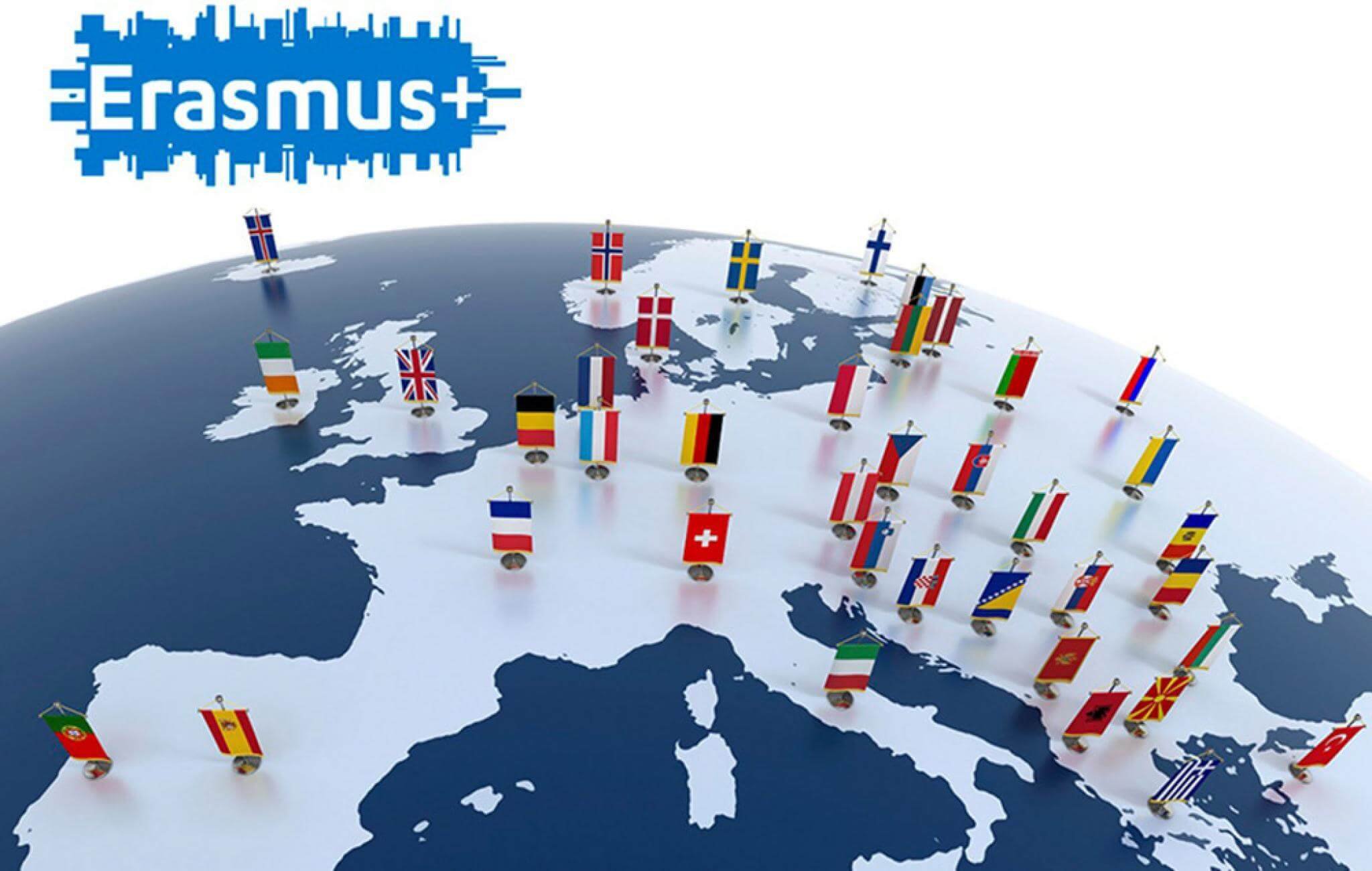By Maria Vrachneli,
As the time to study 1773 miles from home has arrived, I can’t help but remind myself of the economic sacrifices and the financial investments made for this challenging yet, in all aspects, rewarding ERASMUS+ student exchange program. Before committing to and carrying out this life-changing decision of studying in a different country, it is crucial to have in mind the multi-layered aspects of funding and expenditures. So, here is a list of things you should consider prior to moving to a foreign place;
What does the Erasmus scholarship cover
ERASMUS+, and I quote from the official site of the European Union, “is the EU’s program to support education, training, youth and sport in Europe.”. Thus, “the fees for tuition, registration, examinations, and charges for access to laboratories or libraries at the receiving institution are covered, however, small fees for insurance or student union membership may still apply.”. Unfortunately, regardless of the tuition-free education and equipment, these costs are just the tip of the iceberg, compared to those of utilities, commute, and groceries.
What country you are traveling
With every country being different from one another, it is only natural that the funding is estimated based on the respective standard of living. For that reason, three different country groups showcase the quality of life and cost of living; 1st group (countries with high cost of living) Denmark, Finland, Ireland, Iceland, Liechtenstein, Norway, Sweden, Britain (which has been recently excluded from the program due to Brexit), Luxembourg 2nd group (countries with moderate cost of living) Austria, Belgium, Germany, France, Italy, Greece, Spain, Cyprus, the Netherlands, Malta, Portugal 3rd group (countries with low cost of living) Bulgaria, Croatia, the Czech Republic, Estonia, Latvia, Lithuania, Hungary, Poland, Romania, Serbia, Slovakia, Slovenia, North Macedonia, Turkey.

Funding per country of origin
Funding is greatly affected by your country of origin and its educational institutions partaking in the ERASMUS+ program, and it could vary from one to another. For example, in Greece, the countries that fall under the first group are funded with 520€ per month, whereas in France, the funding is 250€ per month. On top of that, there could be two phases of funding, in which a high percentage of the funds are given upfront and the rest at the end of the program. In other cases, the entire funding percentage is given before the mobility.
Disability and underprivileged backgrounds
But what about people whose circumstances inevitably create more expenses or whose quality of life would make going on a program as such much more difficult (namely people within non-traditional familial structures, minority groups, disabled individuals, individuals forced to refuge or immigration, people with serious health problems, and low income per capita)? Well, the European Union offers a bit of an increase in funding to balance out the extra expenses and make the provision of the needed support more attainable and make the provision of support more attainable.
There are other options;
If the ERASMUS+ program is not for you, for any reason possible, fear not because there are always other options. Within the European environment, an alternative, short-term option for undergraduate and postgraduate students would be the CIVIS program, which enables members of the universities in the CIVIS alliance to study abroad. A different option for younger students is the eTwinning exchange program, which enables adolescents to experience the culture and the educational system of a foreign country first-hand.
Nevertheless, with all the means of communication and information, I can reassure you that you can find ways to obtain knowledge and learn about the world on condition that you seek it. Safe travels!
References
- What is erasmus+? (2020) europa.eu, Erasmus+. Available here
- Civis for students, CIVIS. (2021) Available here
- Etwinning: ESEP eTwinning | ESEP. Available here
- Διεύθυνση Δημοσίων Σχέσεων και Ιστορίας ΕΚΠΑ: Διεύθυνση Δημοσίων Σχέσεων και Ιστορίας – OIKONOMIKI EPIXORIGISI. Available here




